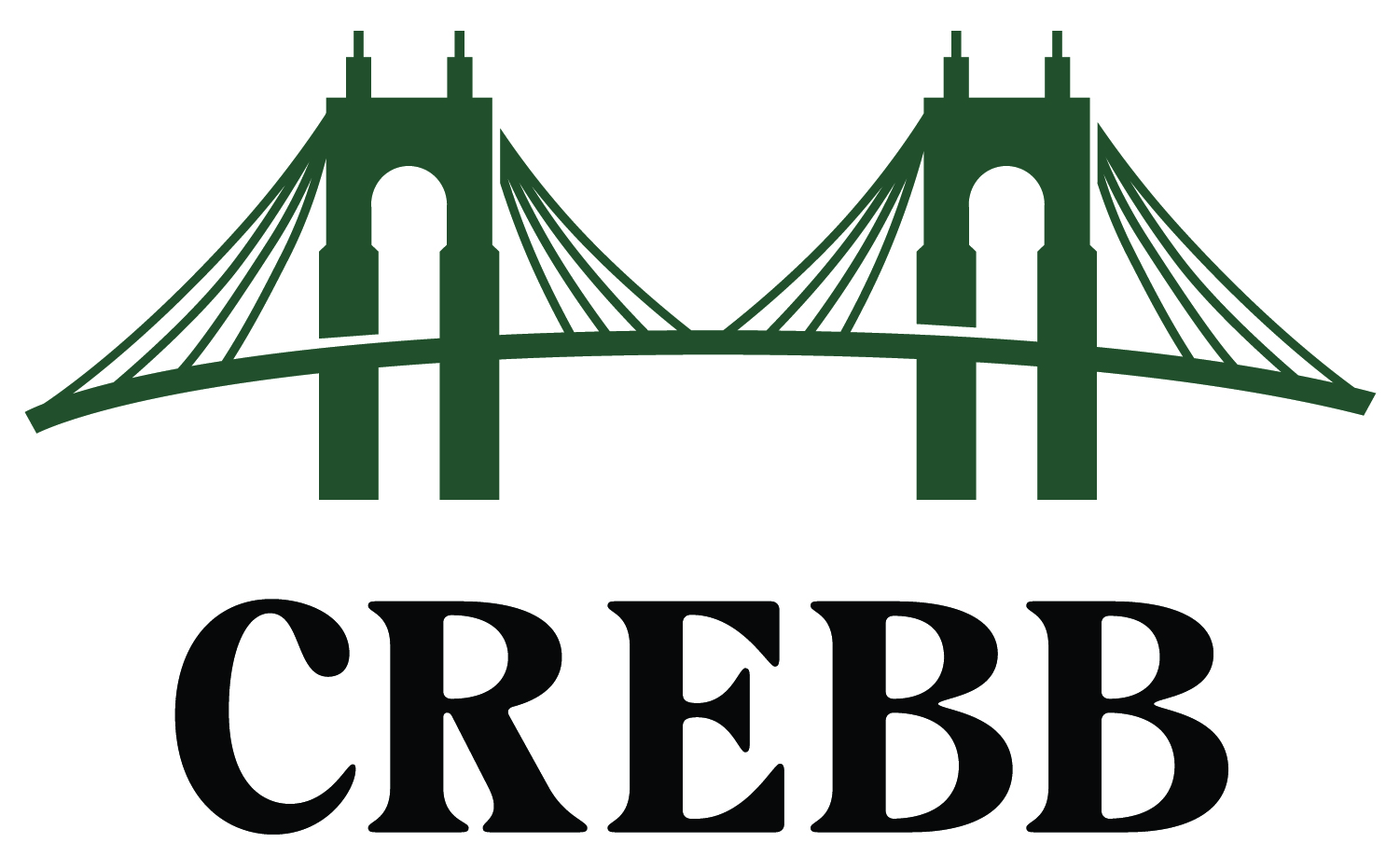Luxury Bags for Modern Women Online Collection
Explore premium women’s fashion bags crafted with elegant detailing, refined structure, and everyday usability. Designed for women who value timeless style, comfort, and lasting quality.
Luxury Bags for Modern Women Online Collection
Explore premium women’s fashion bags crafted with elegant detailing, refined structure, and everyday usability. Designed for women who value timeless style, comfort, and lasting quality.
A floor jack is perhaps one of the most frequently used pieces of equipment in any garage or workshop. From changing a tire on a car, to repairing brakes on a vehicle, or just inspecting undercarriage components, there is usually the need to use some form of lifting equipment in order to do the job efficiently. These machines play an incredibly important role to the success of a variety of mechanical tasks and if not used with the proper techniques can result in damaging the vehicle and even putting the individual using it at risk. In order to minimize the potential for mistake, it is vital that all safe lifting practices are adhered to.Knowing the most common mistakes made with a floor jack is crucial in order to protect the safety of the vehicle, the safety of the lifting equipment and first and foremost the safety of the user. https://standesign.ca/common-floor-jack-mistakes-that-can-damage-your-vehicle/ READ MORE

How to Choose the Right Business Broker Near Me
Selecting the right business broker near me involves reviewing credentials, transaction history, and market specialization. An experienced business for sale broker guides owners through valuation, marketing, and negotiations. If you need to sell business with real estate, choose a professional capable of handling both operational and property assets effectively.
Visit to us:


The Growing Demand for Reliable Software Solutions in India
In today’s rapidly evolving digital landscape, businesses across industries are prioritizing technology-driven growth. From startups to large enterprises, every organization depends on efficient software systems to streamline operations, improve customer engagement, and enhance productivity.
Visit Us :- https://u-ssr.com/read-blog/2633_the-growing-demand-for-reliable-software-solutions-in-india.html